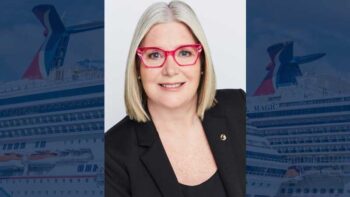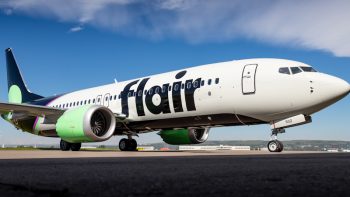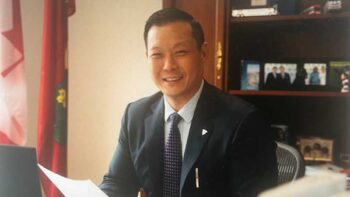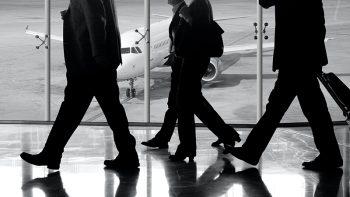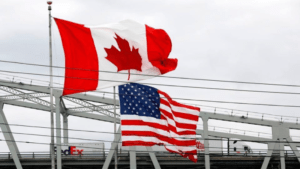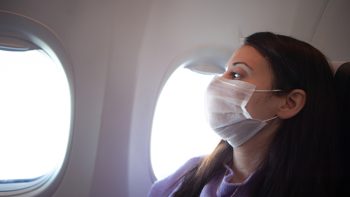
Calls to remove mask and vaccine mandates for travel are growing, following news that the EU is dropping its mask mandate for flights and at airports from 16MAY. The U.S. also previously dropped its mask mandate for public transportation, including air travel, on 18APR. And the science behind vaccinations is evolving to make them less relevant to protecting travellers.
IATA: Removing Mask Mandates a "Step Towards Normality"
In a statement, the International Air Transport Association (IATA) welcomed news from the European Aviation Safety Agency (EASA) that it's dropping its mask mandate for flights and airports. In its Aviation Health Safety Protocol, updated on 11MAY, EASA also called for the mandatory mask rules to be relaxed for air travel when rules have been relaxed for other methods of transport.
"This important shift reflects the high levels of vaccination, natural immunity levels, and the removal of domestic restrictions in many European nations. The updated guidance also acknowledges the need to move from an emergency situation to a more sustainable mode of managing COVID-19," IATA said.
“We welcome EASA’s recommendation to relax the mask mandate, which is another important step along the road back to normality for air passengers. Travelers can look forward to freedom of choice on whether to wear a mask. And they can travel with confidence knowing that many features of the aircraft cabin, such as high frequency air exchange and high efficiency filters, make it one of the safest indoor environments,” said Willie Walsh, IATA’s Director General.
Walsh further argued that mask requirements onboard aircraft "should end when masks are no longer mandated in other parts of daily life," such as in theatres, offices, or on other forms of public transport.
"Although the European protocol comes into effect next week, there is no globally consistent approach to mask-wearing on board aircraft. Airlines must comply with the regulations applicable to the routes they are operating. The aircraft crew will know what rules apply and it is critical that passengers follow their instructions," Walsh continued.
While the U.S. dropped its mask mandate for air travel and public transport on 18APR, Canada's Transport and Prime Ministers followed on 19APR to say that mask mandates will continue throughout the country. Since then, no update has been given on when federal face covering rules would end.
Logic Behind Travel Vaccine Mandates "No Longer Holds:" Canadian Infectious Disease Expert
Canada should reconsider its vaccination mandate for travellers onboard commercial planes or trains to domestic and international destinations, says Zain Chagla, an infectious diseases physician and an associate professor at McMaster University.
While the vaccine mandate is intended to prevent transmission of the COVID-19 virus, Chagla argues in an article published by the Globe & Mail that, with the rise of the Omicron variant, vaccine efficacy has dropped. Chagla cites data from the U.K. Health Security Agency, which shows the effectiveness of two or three doses of vaccine against spreading the Omicron infection approaches zero over some time.
Chalga further argues that recovering from a prior infection protects against reinfection at a similar level to taking two doses of the vaccine, and explained that because of this, many unvaccinated individuals have recovered from infection have a "similar level of immunity" compared to vaccinated individuals. He further highlighted that since Canadians under the age of 12 are not required to be vaccinated, "unvaccinated individuals have effectively been a part of travel all along," meaning that travel is currently not for exclusively vaccinated individuals anyway.
"So current mandates are only creating environments in which people who can transmit the virus are alongside people who can transmit the virus, with minimal extra protection," he said.
"All levels of government took drastic steps in an unprecedented crisis in order to protect the health and safety of Canadians, including around travel, and they should all be praised for the actions taken to protect lives and navigate an uncertain time. But as the science evolves, so too should our response. That’s how we can ensure public trust is maintained moving ahead," Chagla concluded.

